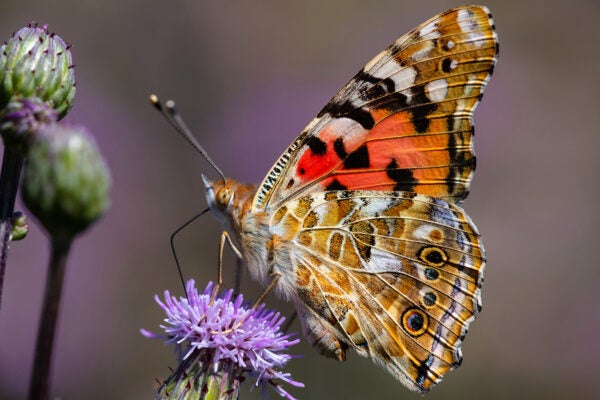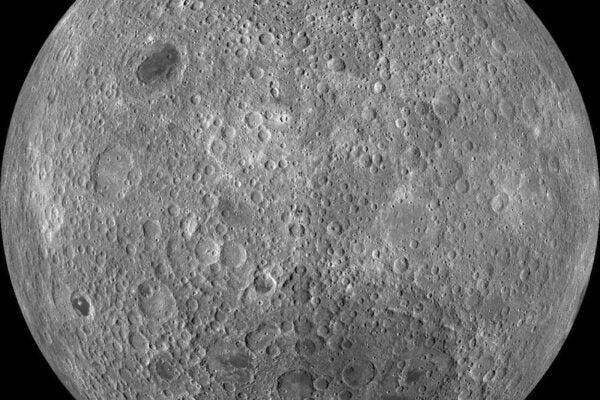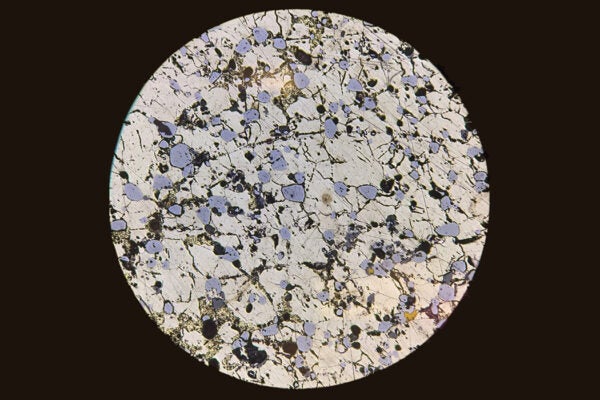The Open Polar Sea: Myth and Science at the North Pole
The idea of an open polar sea haunted the imaginations of European explorers and scientists alike in the nineteenth century.
The Secrets of Butterfly Migration, Written in Pollen
Trillions of insects move around the globe each year. Scientists are working on new ways to map those long-distance journeys.
How Interwar Britain Saved Their Dogs
Canine distemper became a major threat in Great Britain after World War I. Saving the nation’s dogs depended on an imperfect collaboration.
Crocodile of a Migraine? An Egyptian Rx
Why the ancient Egyptians did—or did not—recommended strapping a clay crocodile to an aching head.
The Logic and Legality of Growth
Economic growth is closely linked to profit maximization, which is central to the functioning of global market-based economies.
The Moon Might Be Older Than Scientists Previously Thought
A new study shines light on its history.
On The Fragility of Our Knowledge Base
Historian Glenn D. Tieffert shows how state interests in the People’s Republic of China can be protected by editing online databases and collections.
Home Foundations Are Crumbling. This Mineral Is to Blame.
Pyrrhotite causes cracks in concrete. But research on how widespread the issue might be has only scratched the surface.
Insects in the Mail
The efficiency of the postal system and generosity of local experts played important roles in the advancement of entomology in eighteenth-century France.
Ginger, Tortie, Calico
The mystery gene responsible for orange color in cat coats has been found.









